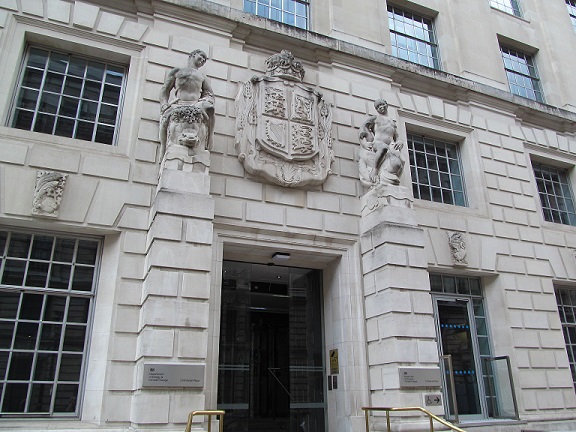
The CBI’s Barnaby Wharton says Greg Clark’s BEIS department needs to provide stable energy and climate change policy and pick up the baton left by former energy secretary Amber Rudd.
The UK government needs to provide “continuity and stability” in its energy and climate change policy according to the Confederation of British Industry (CBI), which has called on Greg Clark to pick up the baton left by former energy secretary Amber Rudd.
In a blog published yesterday, the business group says the vote to leave the European Union represented a seismic change in the direction of the UK. It argues that the new Department of Business, Energy and Industrial Energy (BEIS) now needs to show leadership to the sectors it is now responsible with timely policy decisions.
Among the decisions to be made, according to the CBI’s senior policy adviser Barnaby Wharton, is confirmation of the post-2020 Levy Control Framework. This capping mechanism has been the source of much controversy over the last year, with subsidy cuts to solar and other renewables enacted as a result of a reported overspend in the LCF.
The government has been slow to outline the future of the current period which ends in 2020/21, with former energy secretary Amber Rudd saying earlier this month that the Government will be setting out more on the future of the LCF in the autumn statement.
Wharton argues that making this decision known as soon as possible, alongside greater clarity on the timing and delivery of the next Contracts for Difference and capacity market auctions would “go some way to building confidence” and show the country is open for business.
“What we need from this new department is progress on investment. We still need to attract huge sums of private investment to keep the lights on and diversify our power mix, and we must maintain momentum on progress made so far. This is not about government hands outs, rather timely policy decisions,” he writes.
As the new secretary of state for BEIS, Greg Clark has been called on to provide this clarity with a stable and long-term domestic energy and climate policy framework. Following Rudd’s last speech in her previous role, in which she claimed the UK would continue as normal, Wharton says Clark will need to “pick up the baton and deliver on that promise.”
Since being appointed to the position on 14 July, Clark has failed to outline his strategy for BEIS and was only able to name his ministerial team before the summer recess began on 21 July. While the government confirmed its commitment to the fifth carbon budget, it has yet to set out a strategy for achieving a 57% reduction in carbon emissions from 1990 levels by 2032.
As Wharton points out, particular attention will need to be paid to decarbonising the heat and transport sectors, which are falling well behind progress being made in renewable electricity capacity.
In addition, the CBI has called on the government to establish the UK’s future in the international energy and climate change landscape, such as participation in the internal energy market and other EU climate and environmental legislation.
Despite pointing to the uncertainty prompted by Brexit and the Whitehall shake up which led to the closure of the Department of Energy and Climate Change, Wharton remained optimistic on the future of the UK energy and climate change sectors. He claims businesses in these industries are used to dealing with change and will be able to adapt to future opportunities.
He adds that the decision to remove climate change from the name of a government department represents a chance to embed the low-carbon transition into the UK’s broader industrial strategy, echoing similar claims made by James Heappey MP last week.
However, he adds that this can only be achieved through positive engagement between government and industry to support businesses aiming to invest in “a low-carbon future and support a more prosperous society”.
